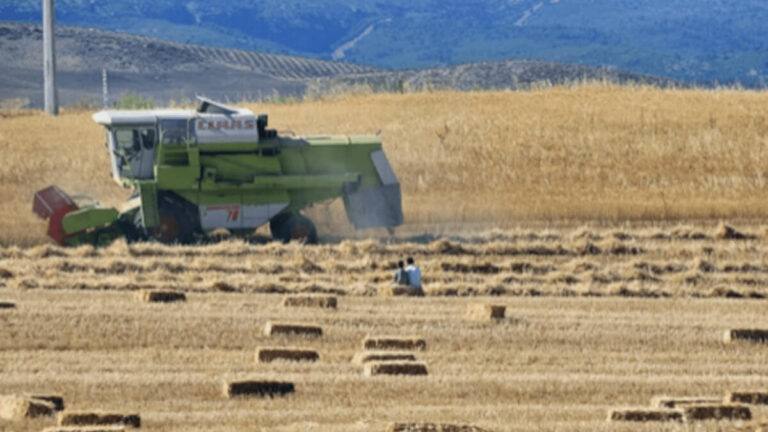Background of Algeria’s decision Impact on financial markets Impact on global and European trade Solutions offered by trading platforms Future outlook for Algerian trade Conclusion
The decision, adopted amid diplomatic and economic tensions, raises many questions about the future of commercial exchanges between the two countries. The impact of this decision goes beyond the agricultural sector, with implications for financial markets and trading platforms specializing in raw materials and currencies.
Background to Algeria’s decision
Algeria has banned wheat imports from France, citing a series of economic and technical reasons. On the one hand, Algeria, Africa’s largest wheat importer, is looking to diversify its supply, targeting specific countries such as Russia and Ukraine that offer more competitive prices and favorable conditions. Meanwhile, France has traditionally been one of the main exporters of wheat to Algeria and faces stiff competition due to strained diplomatic relations between the two countries.
In addition, bad weather in France has also caused a decline in crop quality, causing Algeria to reconsider its supply. This important change in import policy had a direct impact on the European wheat market, especially on French farmers who were looking to Algeria as their main market.
Impact on financial markets
Trading platforms specializing in raw materials quickly echoed Algeria’s decision. The wheat market is highly sensitive to political and trade decisions, and traders must constantly adjust their strategies based on new economic data. The announcement of the ban led to a fall in the price of French wheat on the international market as operators expected a drop in demand.
Trading platforms allow investors to track these fluctuations in real time and react as soon as new information becomes available. Traders speculating in commodities such as wheat can adjust their positions in response to price changes to limit losses or maximize profits. This ability to react is essential in markets as volatile as those for raw materials, where political decisions like Algeria’s can have global repercussions.
Impact on global and European trade
Algeria’s ban on imports of French wheat is a striking example of how national decisions can affect international trade. For Algeria, the decision aims to reduce its dependence on French exports, while at the same time strengthening trade ties with other supplier countries, such as Russia. This would represent a significant economic loss for France, as Algeria has always been an important market for its farmers.
However, the impact is not limited to these two countries. Algeria’s neighbors, which have trade deals with France and the European Union, could also feel the effects of the decision. Other wheat exporters, especially those from Eastern Europe and North America, could be in a position to fill the hole left by France in the Algerian market.
Solutions provided by trading platforms
Given the economic uncertainty caused by decisions like Algeria’s, trading platforms play a central role for investors and businesses looking to minimize risk. These platforms provide analytical and predictive tools that allow traders to speculate on changes in the prices of commodities and currencies. Therefore, even in the face of sudden political decisions, traders can adjust their strategies to keep their portfolios stable.
Additionally, the trading platform provides access to a large number of markets worldwide, offering investors great flexibility. Against the backdrop of Algeria’s ban on imports of French wheat, some operators choose to turn to other raw materials or diversify their investments into other agricultural markets that are less affected by geopolitical tensions. There is a possibility.
Future outlook for Algerian trade
It remains to be seen how this decision will affect relations with France in the long term, as Algeria looks to other wheat suppliers. From a geopolitical perspective, the ban could further exacerbate existing tensions between the two countries, particularly in areas such as energy and infrastructure. However, from an economic point of view, Algeria needs to ensure that new suppliers can meet domestic demand in terms of quantity and quality, while maintaining competitive prices.
French exporters will need to diversify their markets to compensate for the losses in the Algerian market. The European Union could play a role in helping open new markets for French wheat, while also trying to ease tensions with Algeria.
conclusion
Algeria’s decision to ban wheat imports from France marks an important turning point in trade relations between the two countries and will have implications for global markets. Trading platforms allow investors to quickly adapt to these fluctuations and provide solutions to weather volatile economic environments. As wheat markets continue to evolve in response to political decisions, traders and businesses must remain vigilant and be willing to adjust their strategies based on new economic realities.


